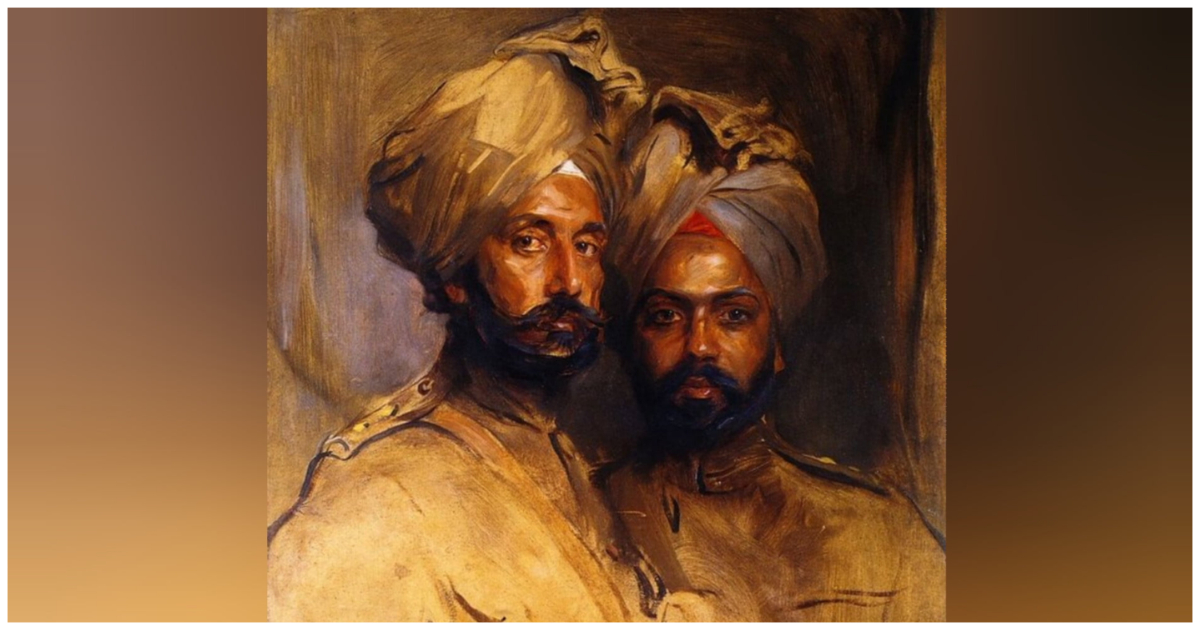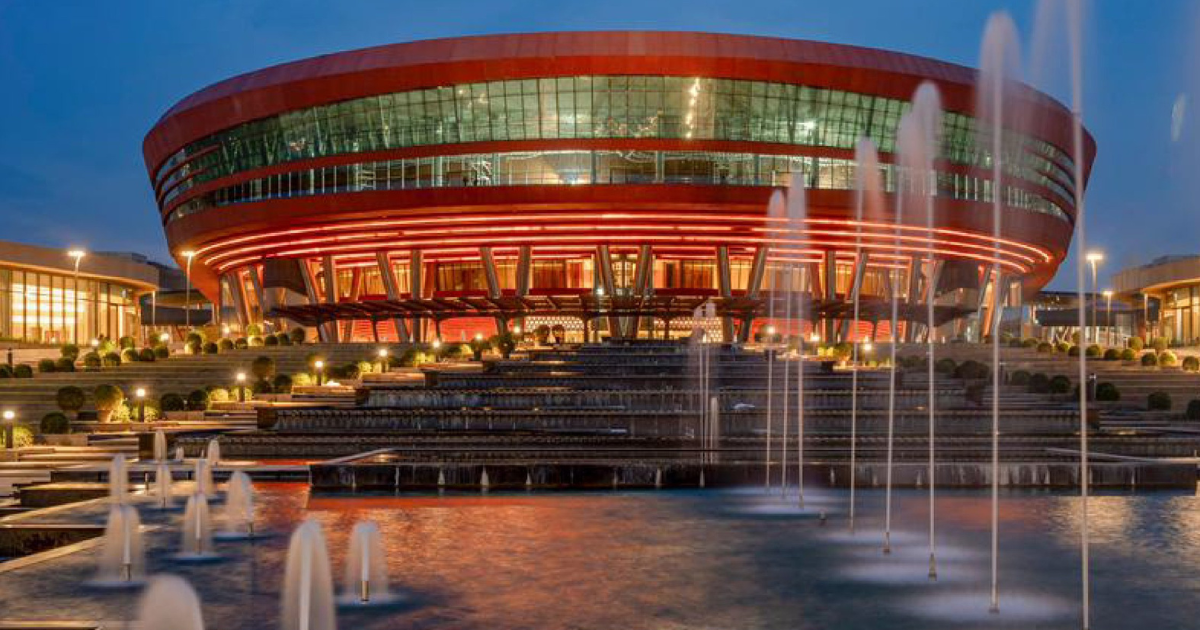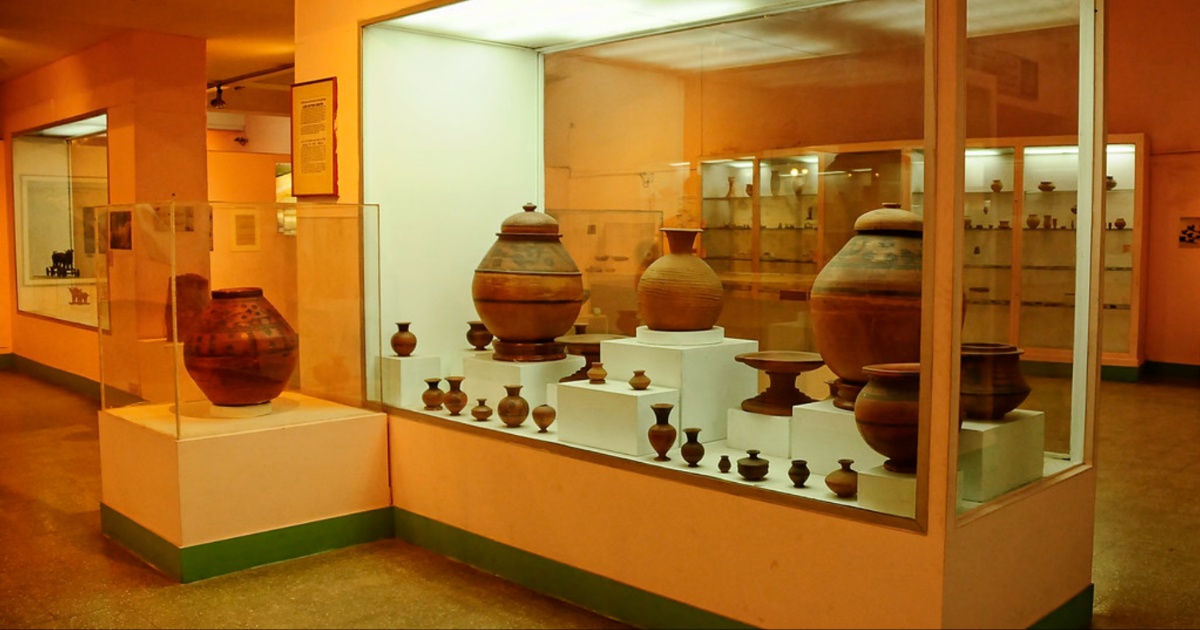Months after the announcement of the British Indian Army Memorial in Glasgow, the UK government has placed an export ban on a painting of Indian soldiers who served in the First World War. The painting, by Anglo-Hungarian artist Philip de László, depicts cavalry officers Risaldar Jagat Singh and Risaldar Man Singh, who were junior troop commanders in the British Indian Army’s Expeditionary Force and fought in the Battle of the Somme.
Valued at £650,000, the unfinished painting of Indian soldiers has been deferred for export license application until July 13, 2023, following the advice of the Reviewing Committee on the Export of Works of Art and Objects of Cultural Interest. The Committee deemed the painting of “outstanding significance to the study of the Indian contribution to the war effort and the individuals involved”. Also read: Delhi by Khushwant Singh: A journey through the city’s grandeur, brutality, and resilience
Significance of the painting of Indian soldiers
The painting’s significance lies in the representation of the Indian soldiers’ contribution to the war effort. Millions of Indian soldiers served in the British Army during the two World Wars, with over 74,000 losing their lives. Risaldar Jagat Singh and Risaldar Man Singh were among them, serving as cavalry officers and fighting in one of the bloodiest battles of the First World War.
The painting of Indian soldiers highlights the contribution of these jawans, who have often been overlooked in historical accounts. The decision to ban its export is a recognition of the painting’s importance in preserving the memory of these soldiers and their role in the war effort.
Offer to purchase
At the end of the first deferral period, the painting’s owners will have 15 business days to consider any offer to purchase it at the recommended price of £650,000 (plus VAT of £130,000, which can be reclaimed by an eligible institution). If an agreement is reached, the painting can remain in the UK, where it can be displayed in a public institution for all to see.
Preserving the memory of Indian soldiers
The British Indian Army Memorial in Glasgow, set to be unveiled in 2023, is another effort to preserve the memory of Indian soldiers who fought for the British during the two World Wars. The memorial will pay tribute to the 130,000 soldiers from India who fought alongside British troops in the First World War, as well as the 2.5 million who served in the Second World War.
The decision to place an export ban on the painting of Indian soldiers – Risaldar Jagat Singh and Risaldar Man Singh – is a continuation of these efforts to remember and honor the contribution of Indian soldiers in the two World Wars. It highlights the importance of preserving historical artifacts that represent the often-overlooked contributions of marginalized groups and serves as a reminder of the sacrifices made by those who fought for their country.




